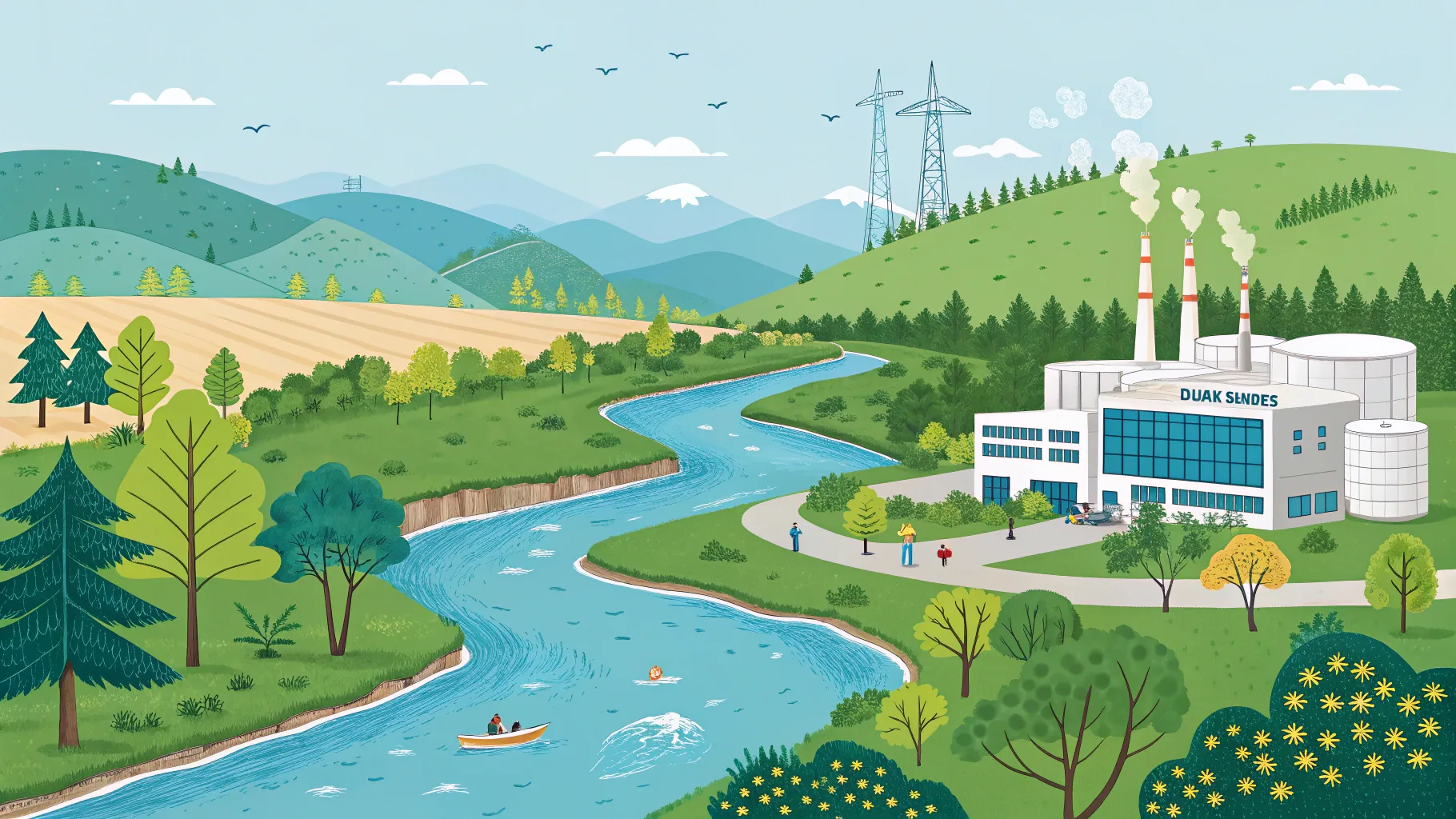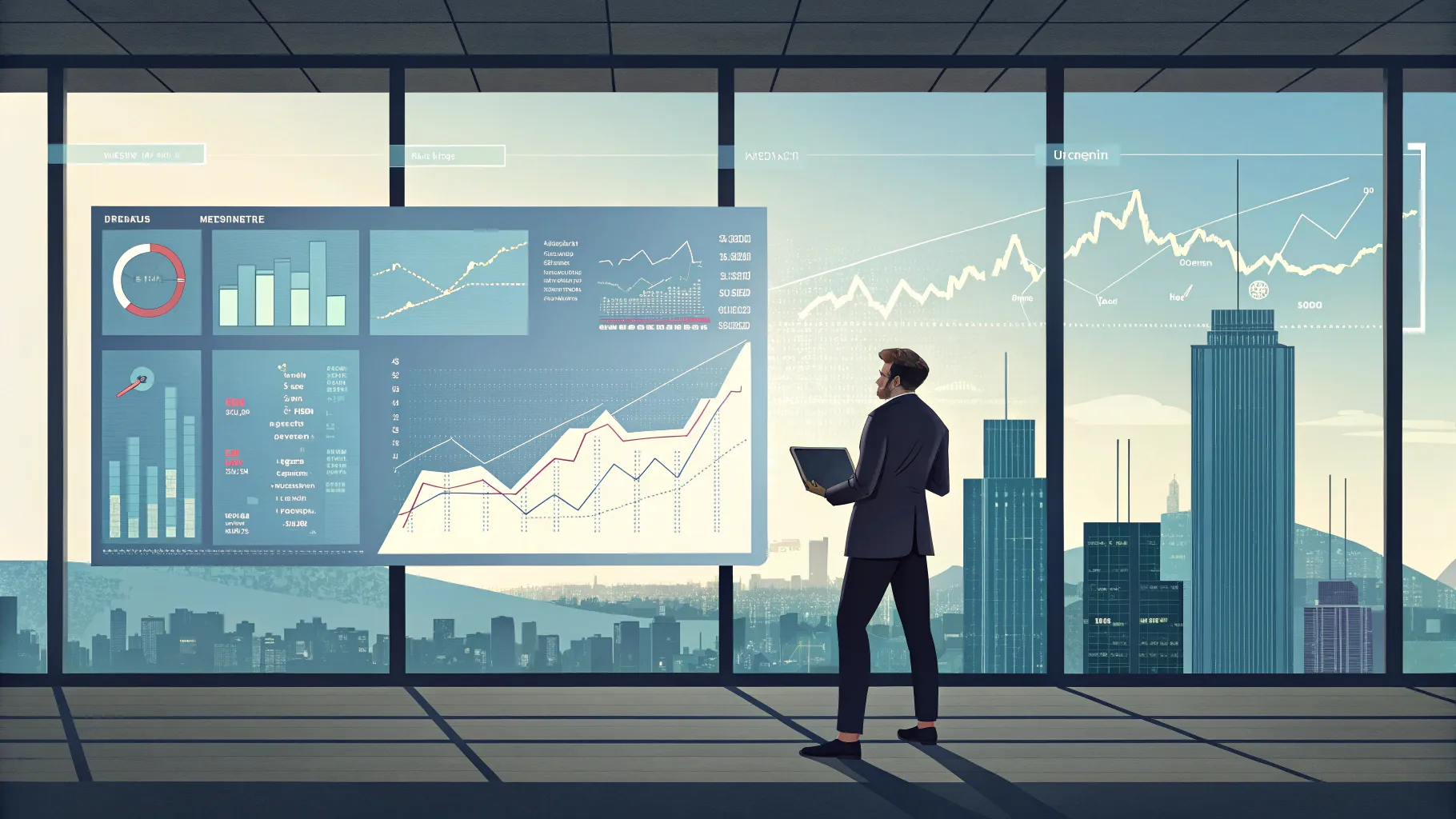
The European Union has announced a comprehensive plan to strengthen drought resilience and enhance water quality throughout its member states. The initiative includes unprecedented measures that will place water usage restrictions on the growing information technology sector.
This new strategy comes as parts of Europe have faced increasing water scarcity challenges in recent years, with climate change exacerbating drought conditions across the continent. The EU’s approach signals a recognition that water management requires coordination across all economic sectors, including those not traditionally associated with high water consumption.
Tech Industry Water Consumption Under Scrutiny
In a notable shift, the EU plan specifically targets the IT industry, which has largely avoided water usage regulations despite its growing environmental footprint. Data centers, which form the backbone of cloud computing services, require massive amounts of water for cooling systems. A typical data center can use millions of gallons of water annually to prevent servers from overheating.
The new measures will implement monitoring systems and usage limits on technology companies operating within EU borders. This marks the first time the bloc has directly addressed water consumption in the digital sector as part of its environmental policy.
“Water is a shared resource that faces increasing pressure from multiple sectors,” stated an EU official familiar with the plan. “The IT industry must participate in conservation efforts alongside agriculture and manufacturing.”
Comprehensive Water Quality Improvements
Beyond usage restrictions, the EU plan outlines several approaches to improve water quality across member states:
- Enhanced monitoring of groundwater and surface water sources
- Stricter enforcement of pollution standards for industrial discharge
- Funding for municipal water treatment upgrades
- Cross-border cooperation on shared water resources
The strategy aims to address both immediate concerns about water availability and long-term issues related to contamination and the health of ecosystems. By adopting a holistic approach, EU officials aim to establish sustainable water management practices that can withstand the increasing pressures of climate change.
Economic Implications
The new regulations will likely impact operational costs for tech companies with significant European operations. Industry analysts suggest that while initial compliance may require investment, the long-term effect could drive innovation in water-efficient cooling technologies.
Some tech industry representatives have expressed concerns about the potential regulatory burden, but others see an opportunity. “This could actually level the playing field by rewarding companies that have already invested in water conservation,” noted a sustainability director at a major European tech firm.
Agricultural and industrial sectors, which have long faced water usage restrictions, have generally welcomed the inclusion of the IT sector in water management policies.
The EU plan represents part of a broader strategy to align environmental policies across different economic sectors. Water scarcity has become an increasingly pressing issue, with several member states experiencing severe droughts that have affected agriculture, energy production, and drinking water supplies in recent years.
Implementation of the new measures is expected to begin next year, with a phased approach that will give businesses time to adapt to the new requirements. The EU has indicated that it will provide technical assistance and possibly financial support to help smaller companies comply with the regulations.











Howie Jones
My name is Howie and I'm a Customer Success Manager at Calendar. I like to ensure our customers get the best experience using our product. If you have questions email me howie at calendar.com